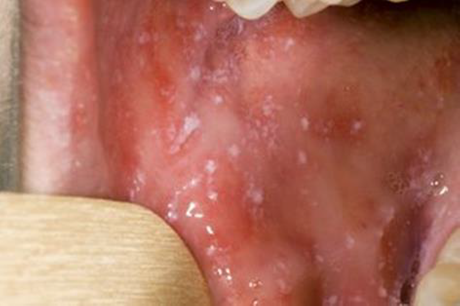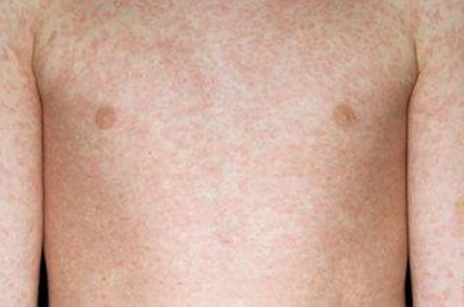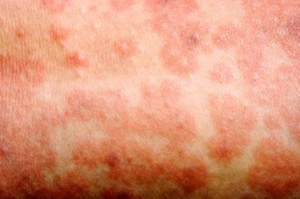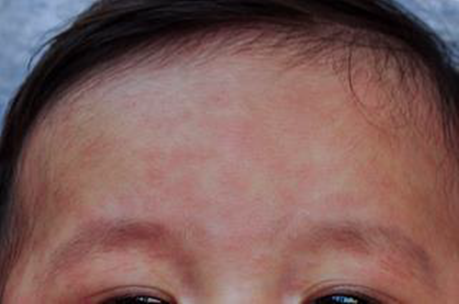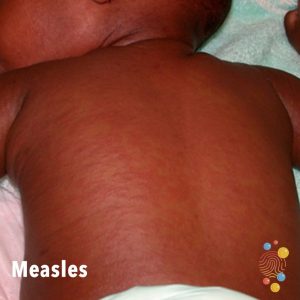An increase in measles infections
There’s been a lot of media coverage about a measles outbreak in the West Midlands, where children under the age of ten have fallen ill. We know this is concerning and want to reassure parents that measles is still relatively rare.
However, it can spread quickly, and although it is mild in most cases it can make some children and adults very poorly. In rare cases people with measles will need hospital treatment.
One of the reasons we are seeing more cases of measles across the country is due to far fewer children having both doses of the vaccination against measles, mumps and rubella (MMR).
We know the pandemic and other factors mean some children have not been able to have both doses. We want to remind parents and carers that it is never too late to protect you and your child with the vaccine. You can find out more about how to check your child’s vaccination status and arrange catch up doses here.
How do you know if its Measles?
Early signs of measles can include a runny nose, fever or cough, but these are common to lots of winter bugs. It’s very unlikely to be measles if your child has had both doses of the MMR vaccine or had measles before. If not fully vaccinated, measles is still very rare.
In cases of measles, children will develop a rash within a few days of starting to feel poorly. Some people may also get small spots in their mouth.
If your child develops a rash (see photos below), contact your GP surgery or get advice from NHS 111. Your GP may suggest talking over the phone, because measles can spread easily.
After consultation with your GP, there are things you can do to help ease the symptoms and reduce the risk of spreading the infection.
It can help to follow the self-care advice above, but also use cotton wool soaked in warm water to gently remove any crusts from your child’s eyes.

